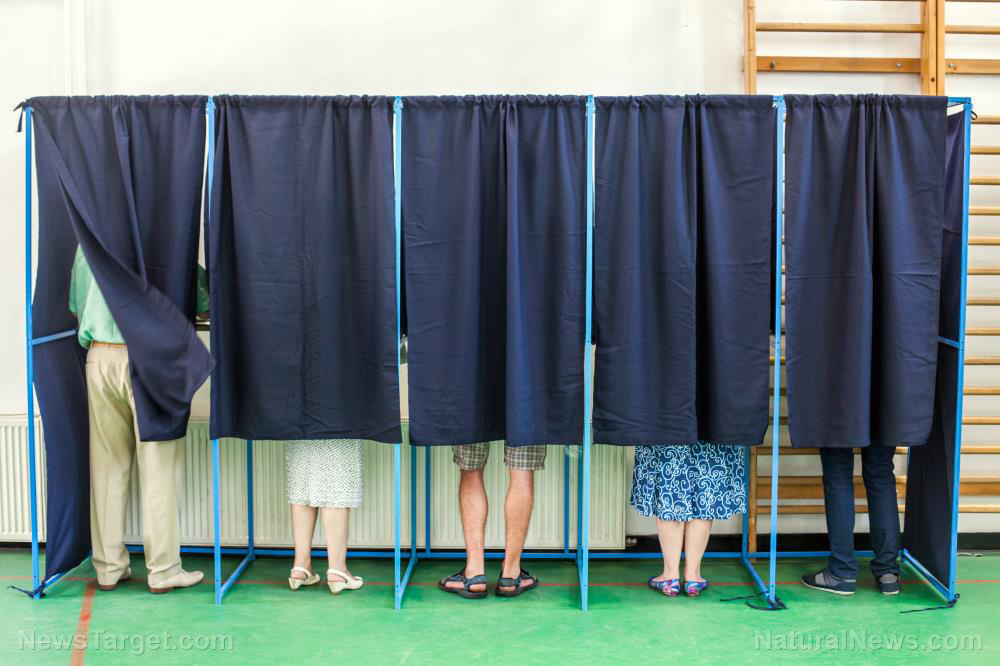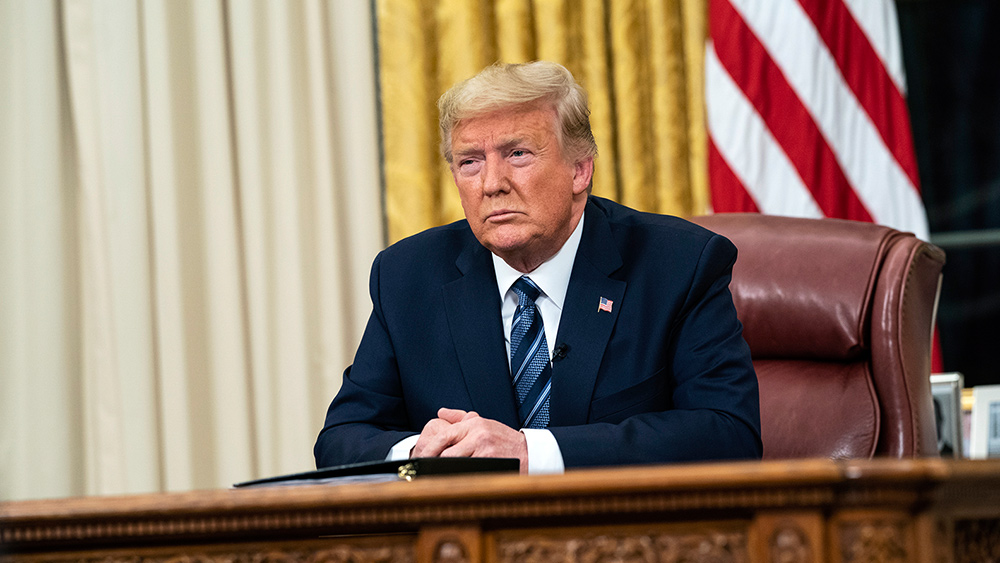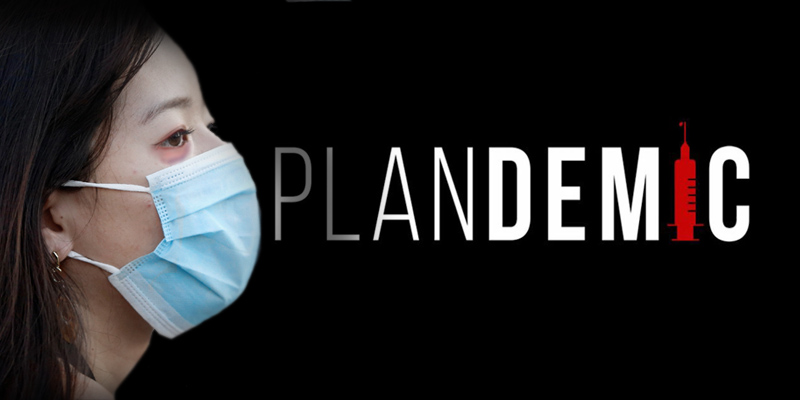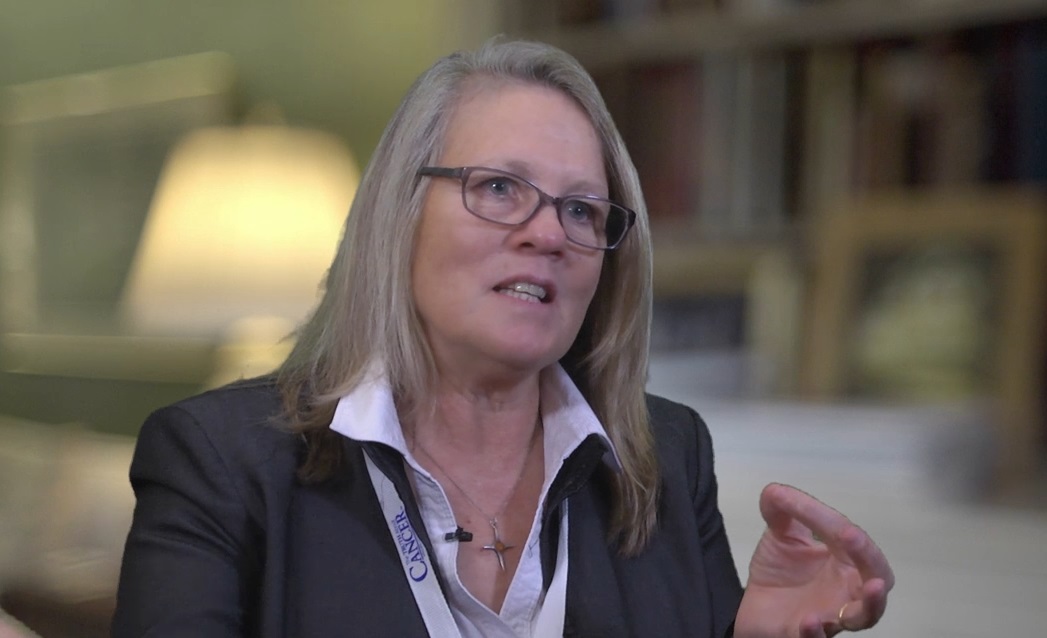AG Barr holds workshop to combat tech tyranny, censorship
05/01/2020 / By Ethan Huff

Since social media censorship has yet to relent and is only getting worse by the day, Attorney General William Barr recently decided to hold a special workshop about how to combat this free speech crisis.
During this workshop, Barr specifically addressed Section 230 of the Communications Decency Act (CDA), which we previously reported is being abused by the tech sector as an excuse to silence politically incorrect voices online.
Sec. 230 of the CDA basically shields tech companies like YouTube and Facebook against prosecution when they censor content that they don’t like. This “Safe Harbor” provision lets the tech giants exist both as content providers and content publishers, taking full advantage of the best of both worlds.
But as we have pointed out in the past, tech companies must be designated as one or the other. If they want to be content publishers, then they do not qualify for Safe Harbor protections. If they want to be content providers, then they can have Safe Harbor protections, so long as they simply provide content without censoring it.
Right now, however, tech companies are being protected in their censorship activities while also claiming to merely be content providers, which Barr and others fully recognize needs to stop.
“Broad Section 230 immunity can pose challenges for the department and other federal agencies in certain civil enforcement matters,” Barr stated during the workshop.
“Actions brought in the public interest by the federal government do not raise the same concerns of mass liability for private speech torts that were at the core of Congress’s concerns when it enacted Section 230. It is questionable whether Section 230 was intended to allow companies to invoke the statute’s immunity against the federal government acting to protect American citizens.”
Big Tech needs its Sec. 230 protections completely revoked
A big focus of Barr’s workshop is the Sec. 230 immunity provisions as they are applied to internet services, which can block law enforcement from accessing certain content in order to attain civil recovery for crime victims, even under a court order.
“This would leave victims of child exploitation, terrorism, human trafficking, and other predatory conduct without any legal recourse,” Barr warned.
“Giving broad immunity to platforms that purposefully blind themselves – and law enforcers – to illegal conduct on their services does not create incentives to make the online world safer for children. In fact, it may do just the opposite.”
But this also applies to the blatant censorship of truth-tellers online who are being systematically silenced on social media, without recourse. The Twitter page Education Liberals, for instance, was just banned “for no reason,” according to a conservative page that used to follow it. This page made note of the fact that Twitter “has proven time after time that they are not a platform, but a publisher,” which means that Twitter should not be afforded Sec. 230 protections as it currently is.
Barr addressed this type of thing directly during his workshop, making note of the fact that the sheer size and power of these behemoth online platforms has left consumers “with fewer options” for getting their voices heard. Sec. 230 has created a situation where citizens no longer have safe online spaces where their voices can be heard.
“In enacting Sec. 230, Congress noted that the internet offers a ‘forum for a true diversity of political discourse, unique opportunities for cultural development, and myriad avenues for intellectual activity,'” Barr further pointed out.
“Over time, however, the avenues for sharing information and engaging in discourse have concentrated in the hands of a few key players … While the department’s antitrust review is looking at these developments from a competition perspective, we must also recognize what this concentration means for Sec. 230 immunity.”
For more related news about online censorship, be sure to check out Censorship.news.
Sources for this article include:
Tagged Under: Censorship, free speech, online, Social media, tech tyranny, William Barr, workshop
RECENT NEWS & ARTICLES
COPYRIGHT © 2017 FREEPRESS.NEWS
All content posted on this site is protected under Free Speech. FreePress.news is not responsible for content written by contributing authors. The information on this site is provided for educational and entertainment purposes only. It is not intended as a substitute for professional advice of any kind. FreePress.news assumes no responsibility for the use or misuse of this material. All trademarks, registered trademarks and service marks mentioned on this site are the property of their respective owners.
















